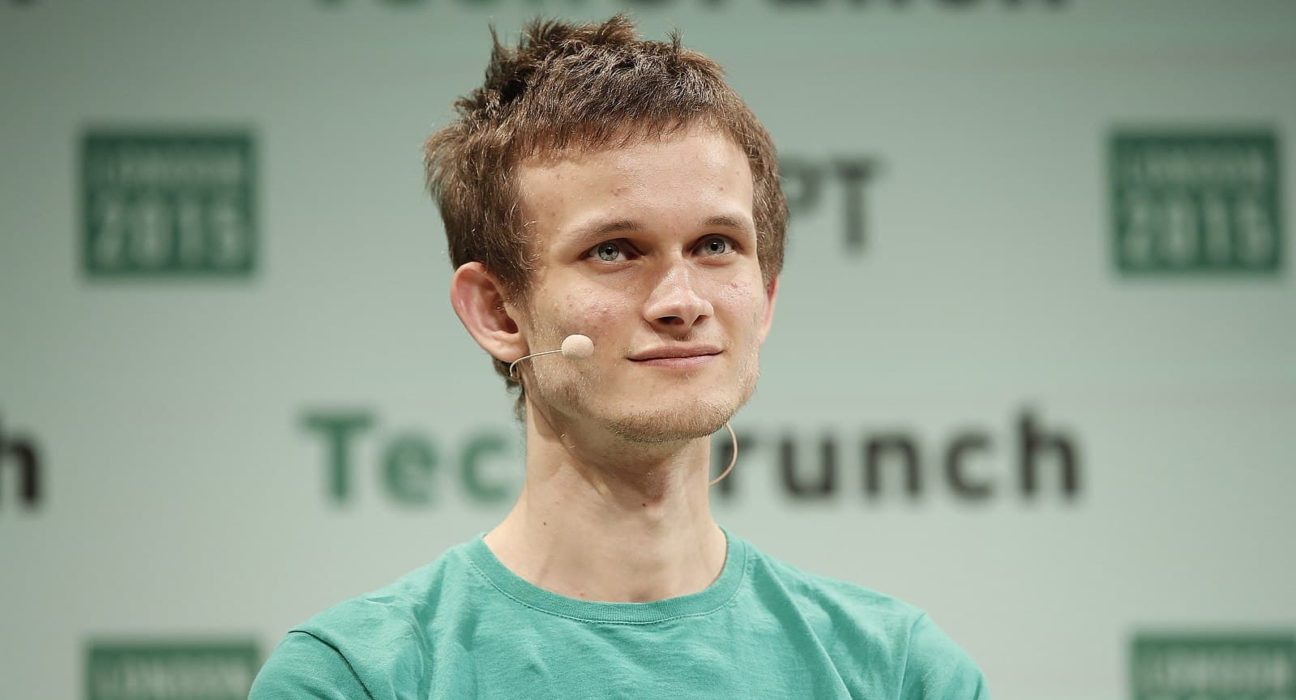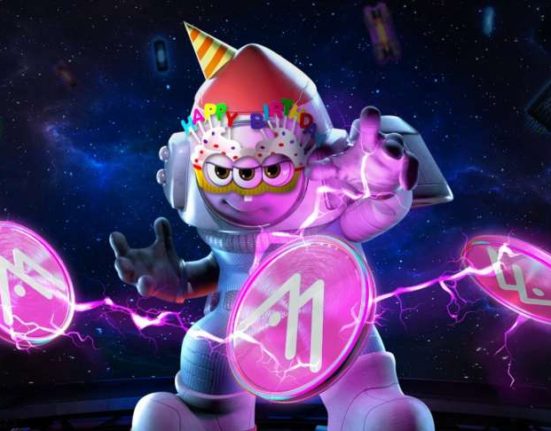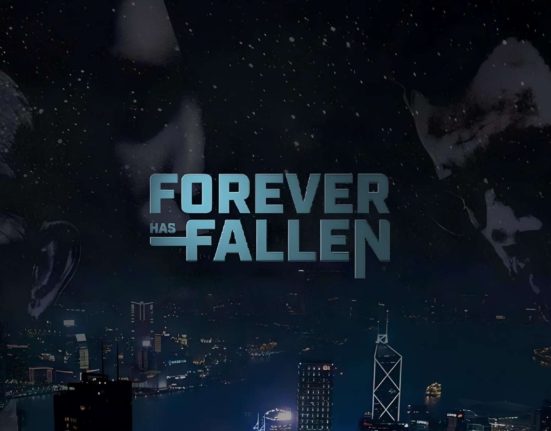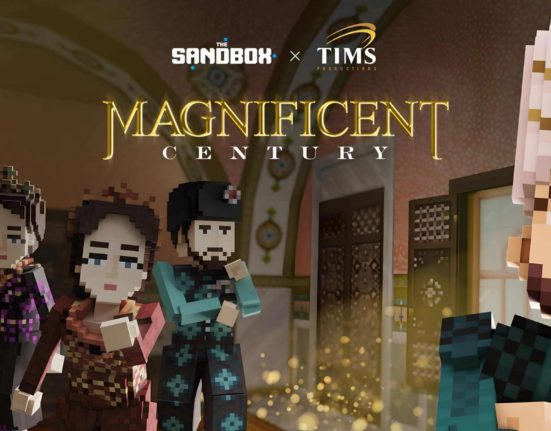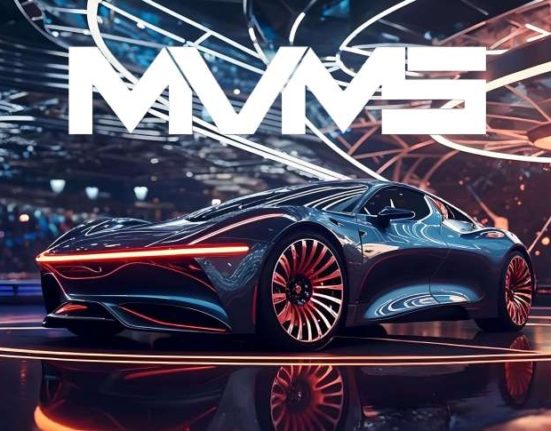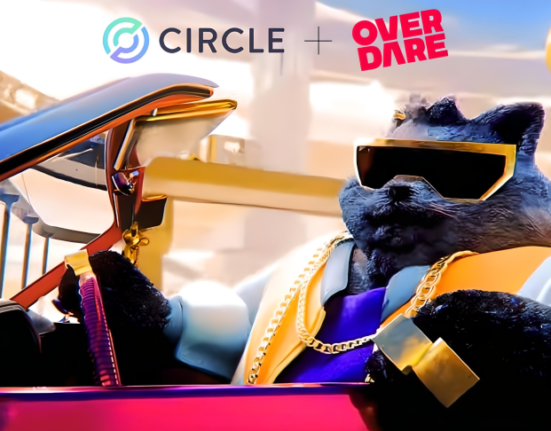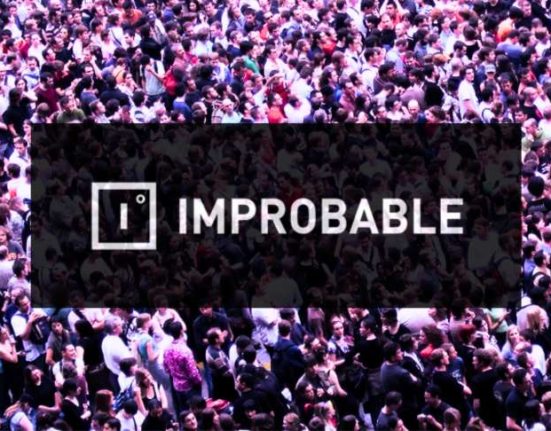In a nearly two-hour-long Twitter Space on July 7, Ethereum co-founder Vitalik Buterin lauded the advent of Bitcoin Ordinals, heralding it as an “organic return of builder culture” to Bitcoin. This conversation, which also included Bitcoin advocates and Taproot Wizards stakeholders Eric Wall and Udi Wertheimer, revolved around the recent stirrings in the Bitcoin ecosystem caused by Ordinals.
A revitalized builder culture
Buterin said he believes Bitcoin Ordinals are a decisive push against “stagnant” politics within the Bitcoin network, suggesting an emerging proactive and constructive culture. Despite early cultural disruptions, he considers these changes to be ultimately necessary for progress within the Bitcoin community.
Addressing Bitcoin’s scalability issues and its challenges in processing medium-sized payments, Buterin put forward the idea of implementing different types of layer-2 solutions. Among these, he particularly supports rollups, a technology that consolidates multiple transactions into a single data entry before adding them to the blockchain. The rollup method has proven effective on Ethereum, as it enhances network efficiency by saving space, accelerating transaction speed, and reducing costs. He believes Bitcoin could benefit from such innovation.
Buterin also expressed his commendation for the BRC-20 token standard on Bitcoin. Comparable to the ERC-20 tokens on Ethereum, BRC-20 is an experimental token standard that facilitates the minting and trading of fungible tokens via Ordinals.
According to Buterin, these recent changes could instigate a renewed emphasis on tangible action within the Bitcoin network. They may counterbalance the “laser-eye movement,” a term used to describe a subset of the Bitcoin community that is singularly focused on Bitcoin, often to the exclusion of other blockchain protocols. This faction tends to perceive Bitcoin as the only significant player in Web3, dismissing other protocols and blockchains, particularly NFTs and Ethereum, as inferior.
Buterin’s comments point to an exciting future where Bitcoin, armed with a revitalized builder culture and an embrace of new technologies, continues to evolve and adapt in an ever-changing landscape.
Editor’s note: This article was written by an nft now staff member in collaboration with OpenAI’s GPT-4.


